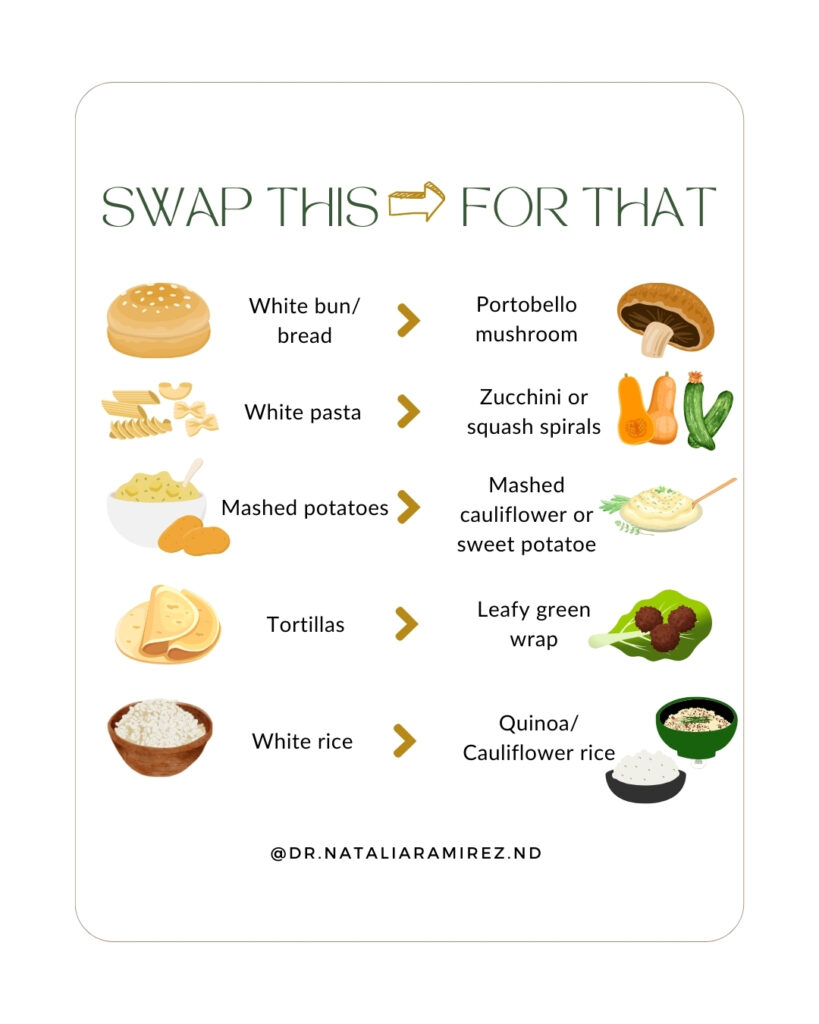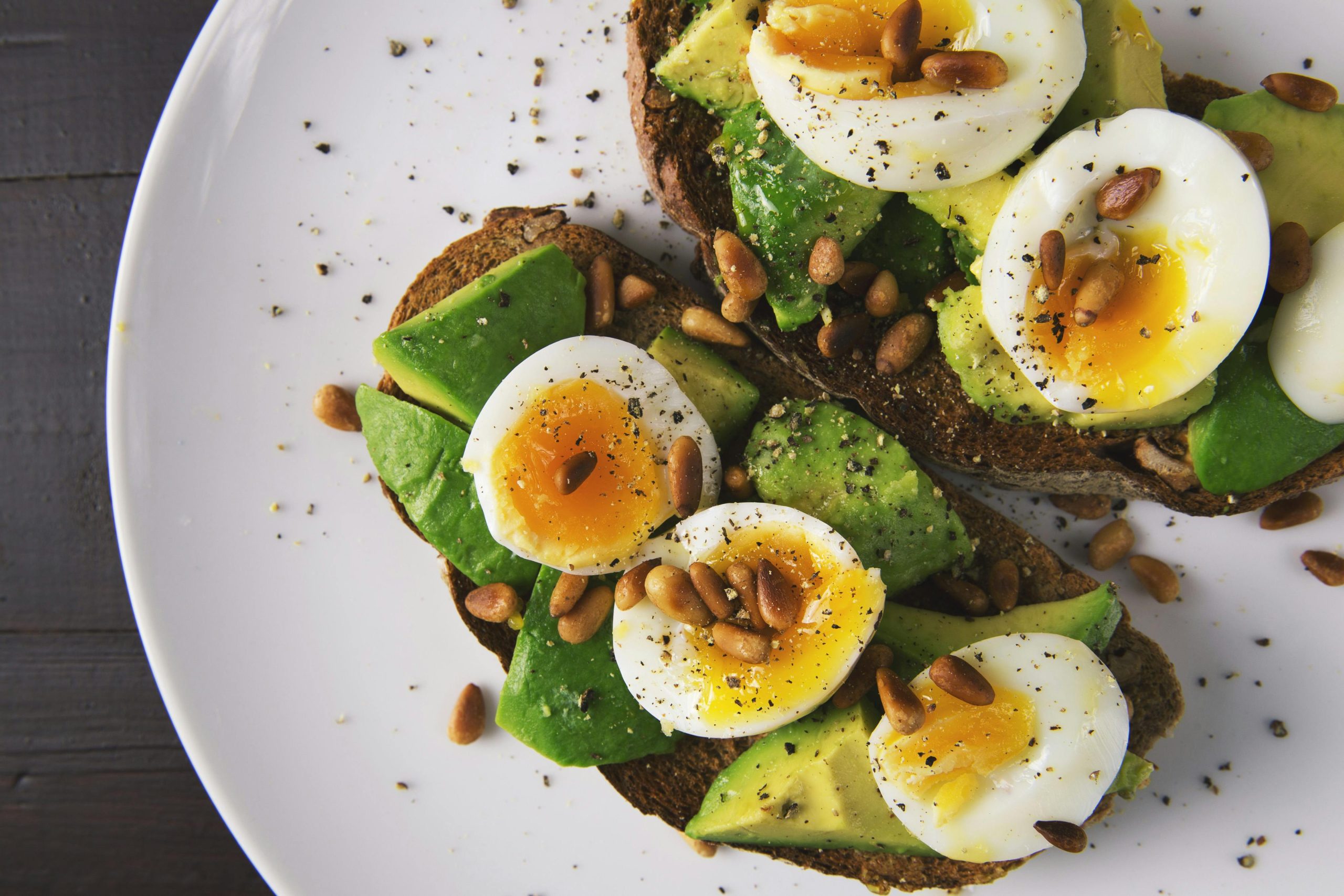Carbohydrates are a fundamental part of our diet, providing the primary energy source for our bodies. However, not all carbs are created equal. In today’s world, where processed foods are more accessible than ever, understanding the difference between healthy and unhealthy carbohydrates is crucial for maintaining optimal health.
Understanding Carbohydrates
Carbohydrates are macronutrients found in a wide range of foods, from leafy greens to sugary snacks. They play a vital role in the body, supplying energy to cells, tissues, and organs. Carbs are categorized into two main types: simple and complex.
Simple vs Complex Carbs
Simple carbs, including sugars, are quickly absorbed by the body, while complex carbs, such as starches and fiber, are digested more slowly, providing a sustained energy source, and being more satiating, beneficial for weight management and blood sugar regulation.
The nutritional value of carbohydrates can vary dramatically depending on their source. Whole carbs, such as vegetables, fruits, whole grains, and legumes, are rich in nutrients and fiber. In contrast, processed carbs often lack these nutritional benefits, as the processing removes natural fibers and nutrients, leaving behind refined sugars and starches that can negatively impact health.
Healthy Carbs: What to Choose and Why
Incorporating healthy carbs into your diet means focusing on whole, unprocessed foods. Whole grains, like quinoa, brown rice, and oats, are excellent sources of fiber and nutrients. Legumes, fruits, and vegetables not only provide complex carbs but also a wealth of vitamins, minerals, and antioxidants that support overall health. These foods can help regulate blood sugar, improve digestion, and lower the risk of chronic diseases.
Unhealthy Carbs: Identifying and Avoiding the Trap
Unhealthy carbs are typically high in added sugars and low in fiber. Regular consumption of sugary drinks, pastries, and refined grains such as white bread, white pasta, white rice, can lead to health issues like obesity, diabetes, and heart disease. Learning to read food labels is essential for identifying added sugars and making healthier choices.
Balancing Carbs in Your Diet
A balanced diet includes a variety of carb sources, emphasizing whole foods over processed ones. Personalization is key, as individual nutritional needs can vary based on factors like age, activity level, and health status.
Here are some ideas you can adopt in your daily diet to increase your intake of healthy carbohydrates.
“The more complex the carb, the better”


In conclusion
Carbohydrates are a crucial component of a healthy diet, but the quality of the carbs you choose matters greatly. By prioritizing whole, nutrient-dense carbohydrates and minimizing processed options, you can support your body’s health and vitality. I encourage you to explore the world of healthy carbs and discover how they can enhance your diet and overall well-being.
Sources:
- Cherney, Kristeen. “Simple Carbohydrates vs. Complex Carbohydrates.” Healthline, Healthline Media, 30 Mar. 2015, www.healthline.com/health/food-nutrition/simple-carbohydrates-complex-carbohydrates#complex-carbs.
- Axe, Josh. The Real Food Diet Cookbook. Exodus Health Center, 8 Nov. 2010.










